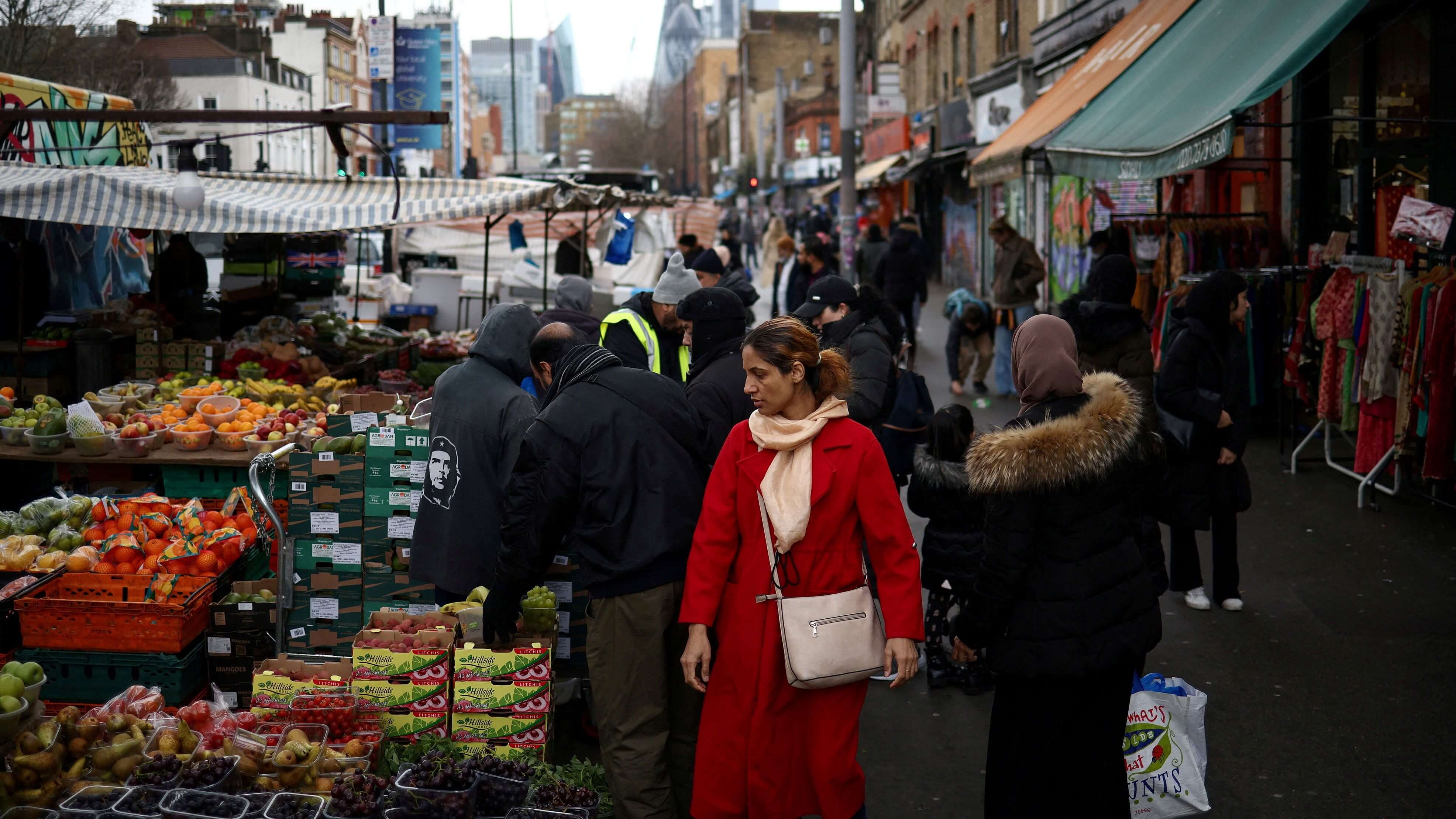Warehousing, distribution and retail struggled, while widespread strikes also had a negative impact on growth.
UK Economy Grows 0.1% In First Quarter Of 2023 Despite March Drop
Warehousing, distribution and retail struggled, while widespread strikes also had a negative impact on growth.

British gross domestic product grew by 0.1% in the first three months of 2023, despite an unexpectedly sharp 0.3% drop in output in March, figures from the Office for National Statistics showed on Friday.
Economists polled by Reuters had mostly forecast 0.1% quarter-on-quarter growth in the first three months of this year, but had expected growth to hold steady in the final month of the quarter.
"The fall in March was driven by widespread decreases across the services sector," ONS statistician Darren Morgan said.
"Despite the launch of new number plates, cars sales were low by historic standards - continuing the trend seen since the start of the pandemic - with warehousing, distribution and retail also having a poor month," he added.
Widespread strikes acted as a further drag on economic activity in the first quarter, the ONS said.
Britain's economy remained 0.5% smaller than its size in the fourth quarter of 2019, shortly before the coronavirus pandemic, although on a monthly basis it was 0.1% larger than in February 2020, the data showed.
The Bank of England forecast on Thursday that Britain would grow by 0.25% in 2023 - a weak expansion but one which avoids a recession - having previously predicted a contraction of 0.5%.
Britain is struggling with an inflation rate which topped 10% in March - double the level in the United States and higher than the euro zone's too - as well as a very tight labour market, a string of interest rate hikes and after-effects of Brexit.
(Reporting by William James and David MillikenEditing by William Schomberg)
Thanks for signing up to Minutehack alerts.
Brilliant editorials heading your way soon.
Okay, Thanks!

